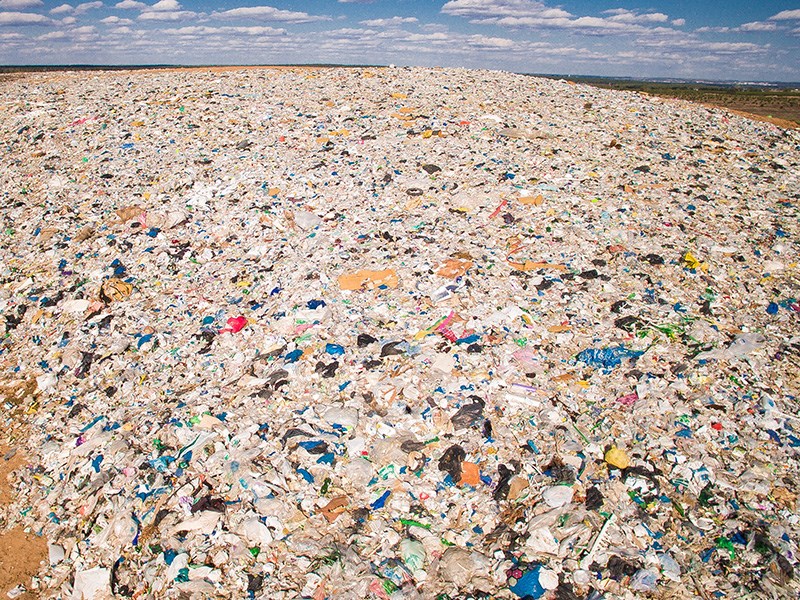Have you ever found yourself scratching your head when it comes to the whole compostable plastic versus regular plastic debate? Which one is more earth-friendly?
Ideally, it is great to opt for bringing your own containers and buying in bulk, but almost inevitably we are faced with grabbing something in a disposable container.
Do you feel comfort when the label reads “compostable plastic?” If so, you are not alone. But is this really the answer to the ocean of plastic clogging the arteries of the planet?
Here are some of the bare-bone facts on the matter. When a label reads “certified compostable,” it means it is meant to break down into smaller pieces that are food for the soil. This sounds great, but is accompanied by details such as the fact that it must be composted at a certified composting facility where high temperatures can be reached.
Backyard composters are not guaranteed to create the proper environment to break down compostable plastics. And, despite popular opinion, they do not break down in the anaerobic environment of a landfill.
Packaging labelled “biodegradable” essentially means nothing of value, as it simply means the item breaks down into smaller pieces of itself. Just what these smaller pieces are composed of, however, is not defined.
Another challenge of plastic alternatives entering today’s market is that they are finding their way into the wrong bins. When compostable plastic enters the regular plastic recycling stream, it reduces the durability of the recycled plastic. Beyond that, regular plastic is being found in our garden compost with increasing frequency.
As you can probably imagine, it is tricky to distinguish compostable plastic from the real thing on a conveyor belt in a compost facility. Micro pieces of plastic are polluting our soil and waterways and even being found in our food supply.
All this leads us back to encouraging everyone to avoid disposable plastics of all kinds. There are pressed-paper alternatives and bringing your own reusable containers is a great habit to develop.
Small changes can lead to big impact.
Let’s Talk Trash is Powell River Regional District’s waste-management education program.



